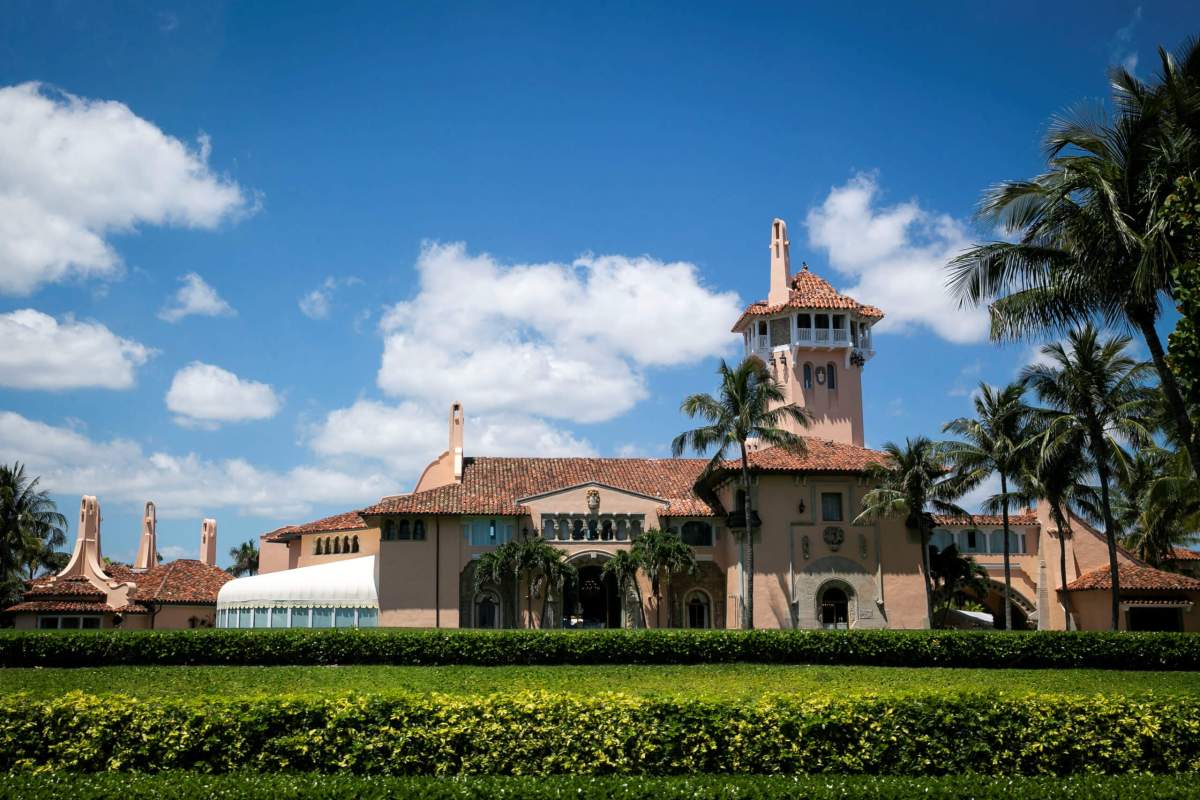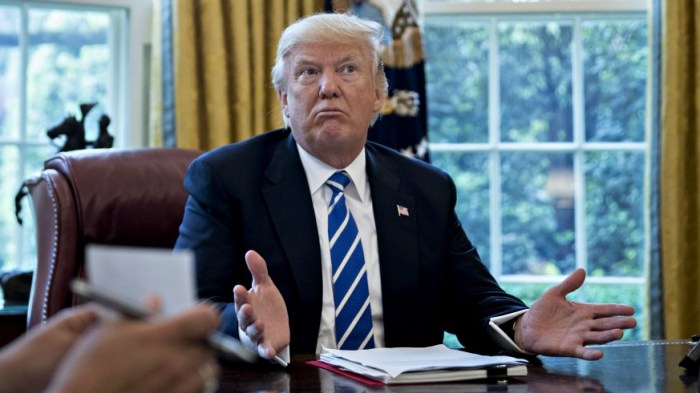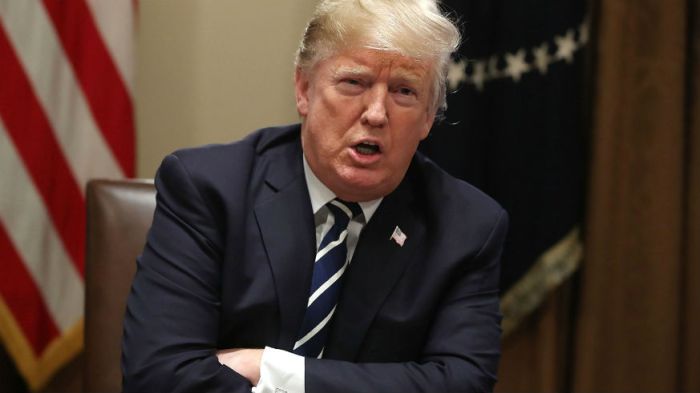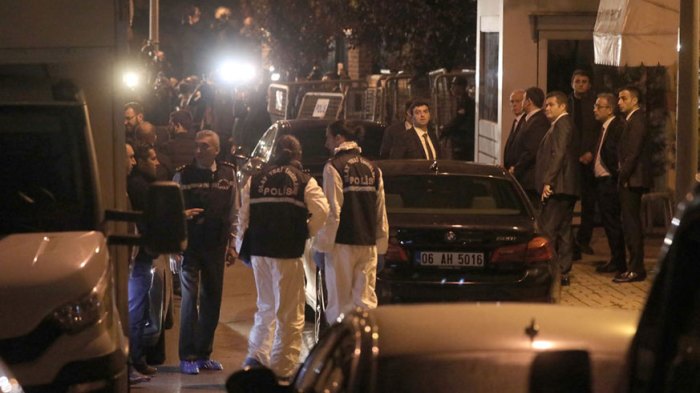By Erik Bojnansky
FORT LAUDERDALE, Fla. (Reuters) – A judge urged potential jurors to ignore their feelings about President Donald Trump’s Florida resort, even if they “think it should be blown up,” in order to fairly decide the fate of a Chinese national on trial for bluffing her way onto the property.
Jury selection began on Monday in the trial of Yujing Zhang, 33, before U.S. District Judge Roy Altman on charges of making false statements to a federal officer and trespassing on restricted property.
Zhang – whose arrest at the Mar-a-Lago club in Palm Beach in March while carrying multiple electronic devices sparked a probe as to whether she posed an intelligence threat – has made the unusual decision to defend herself at trial rather than use a lawyer. If convicted, she faces up to six years in a federal prison.
After she appeared confused about the trial, in Fort Lauderdale, Altman reprimanded her and urged her to work with assistant federal public defender Kristy Militello.
“I don’t know why I’m here … I think the trial has been canceled,” Zhang said, speaking through a translator.
“You’re unprepared. You concocted that,” the judge answered. “The trial is going to get very sophisticated very quickly … I strongly recommend she step in as your lawyer today.”
Potential jurors were questioned individually by the judge.
One was a man who identified himself on a written questionnaire as “a left-leaning Democrat,” and Altman told him that as a juror he would have to set aside his political opinions to render a fair verdict.
“Whether you like President Trump or don’t like President Trump, whether you like Mar-a-Lago or think it should be blown up, or something in between,” Altman said, adding none of that has anything to do with the case.
At the time of Zhang’s arrest, in an incident that raised concerns about security at the Mar-a-Lago resort, investigators found in Zhang’s possession four cellphones, a laptop computer, an external hard drive device and a thumb drive, the Secret Service said in a court filing. Initial examination of the thumb drive determined it contained “malicious malware,” the Secret Service said.
After the trove of electronics was found on Zhang, a search of her Palm Beach hotel room reportedly uncovered a device meant to detect hidden cameras and nearly $8,000 in cash.
(Additional reporting by Mark Hosenball; Editing by Barbara Goldberg and Steve Orlofsky)
























